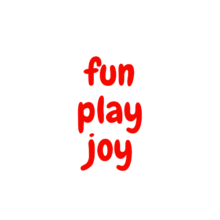the magic of free play
Why kids need to let loose and just play!
Dive with me headfirst into a topic that’s as important as it is underrated: the magic of free play in childhood. It’s actually why I started this blog and I want to share with you why it’s so important to me.
Picture this – kids running wild, imaginations soaring, laughter echoing through the air – that’s the world of free play, and it’s more crucial than you might think!
In a world filled with schedules, screens, and structure, the importance of free play can’t be overstated. It’s like the secret sauce of childhood development.
I’m not saying you can’t have fun with your kids playing with flashcards, learning to count or doing some homework. But don’t let advertisements or other parents pressure you into thinking your child needs to know their letters by the age of three and know how to read before they even start kindergarten. There is so much more for them to learn in this world. So, why should you let your little ones loose to play freely? Let’s dive in!
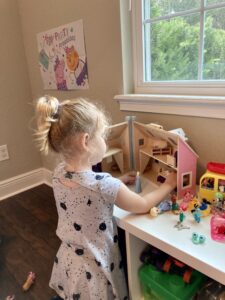
It sparks creativity and imagination
When kids have the freedom to play without rules, they enter a wonderland of creativity. Cardboard boxes transform into rocket ships, mom’s belt turns into horse reins and a blanket becomes a secret cave. In this world, anything is possible, and imagination knows no bounds. So, let’s encourage those wild, inventive minds!
Builds problem-solving skills
When you’re the captain of your pirate ship or the director of your mud pie bakery, you’re in charge of making things work. Free play allows kids to experiment, fail, and try again, fostering essential problem-solving skills. They learn to navigate the world on their terms, and that’s a valuable lesson.
Teaches cooperation and social skills
Playing with others in an unstructured environment teaches kids to negotiate, share, and work together. They’ll figure out the art of compromise while building friendships that can last a lifetime. Plus, let’s not forget the power of a pretend tea party – social skills for the win!
Encourages physical activity
Sometimes you need a little down time and we watch TV like any other family. But while today screens are often the go-to entertainment, free play gets those little legs moving. Whether it’s a game of tag, climbing trees, or building sandcastles, it’s a natural way to keep kids active and healthy. Who needs a gym when you have a playground?
Reduces stress and anxiety
Childhood can be stressful too, what with preschool, school, homework, and extracurricular activities. Free play is like a pressure release valve. It allows kids to unwind, de-stress, and escape into a world where there are no worries, just fun. It’s a wonderful way to keep anxiety at bay.
Fosters independence
Free play empowers kids to make decisions, solve problems, and take the lead. It builds a sense of independence and self-confidence that will serve them well in the future. They learn that they can create their own adventures – and that’s a life skill worth having!
Creates lasting memories
Finally, free play creates some of the most cherished memories. Those carefree afternoons spent building forts, chasing butterflies, or having tea parties with stuffed animals (or in our case the dog)– these are the moments that make childhood truly magical. These are the stories your kids will tell their kids.
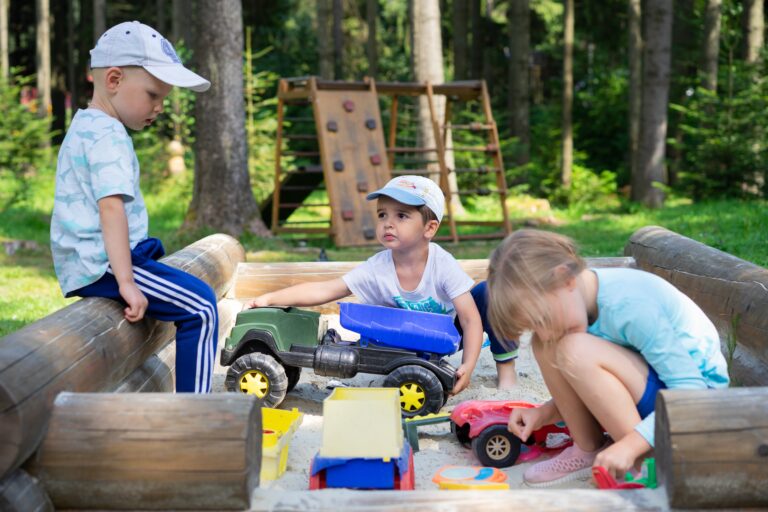
So, there you have it – the case for free play in childhood!
Let’s embrace the chaos, celebrate the mess, and cherish the laughter. After all, it’s in those moments of free play that lifelong lessons are learned and lifelong memories are made. So, go ahead, set your little explorers free – their imaginations are waiting to take flight!
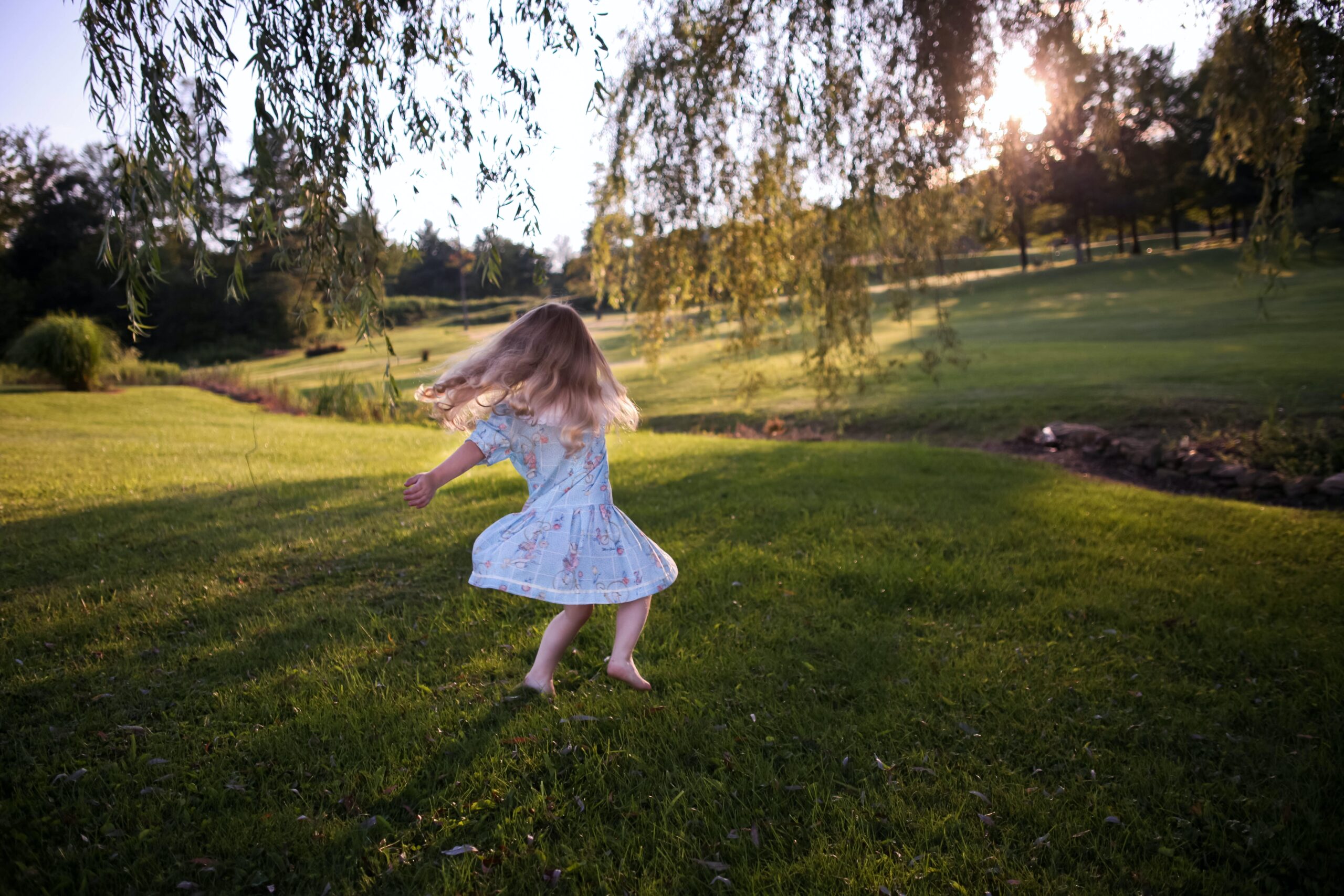
all about play
Playing is your kids most important job!
Learn why and see how we like to play in these posts.
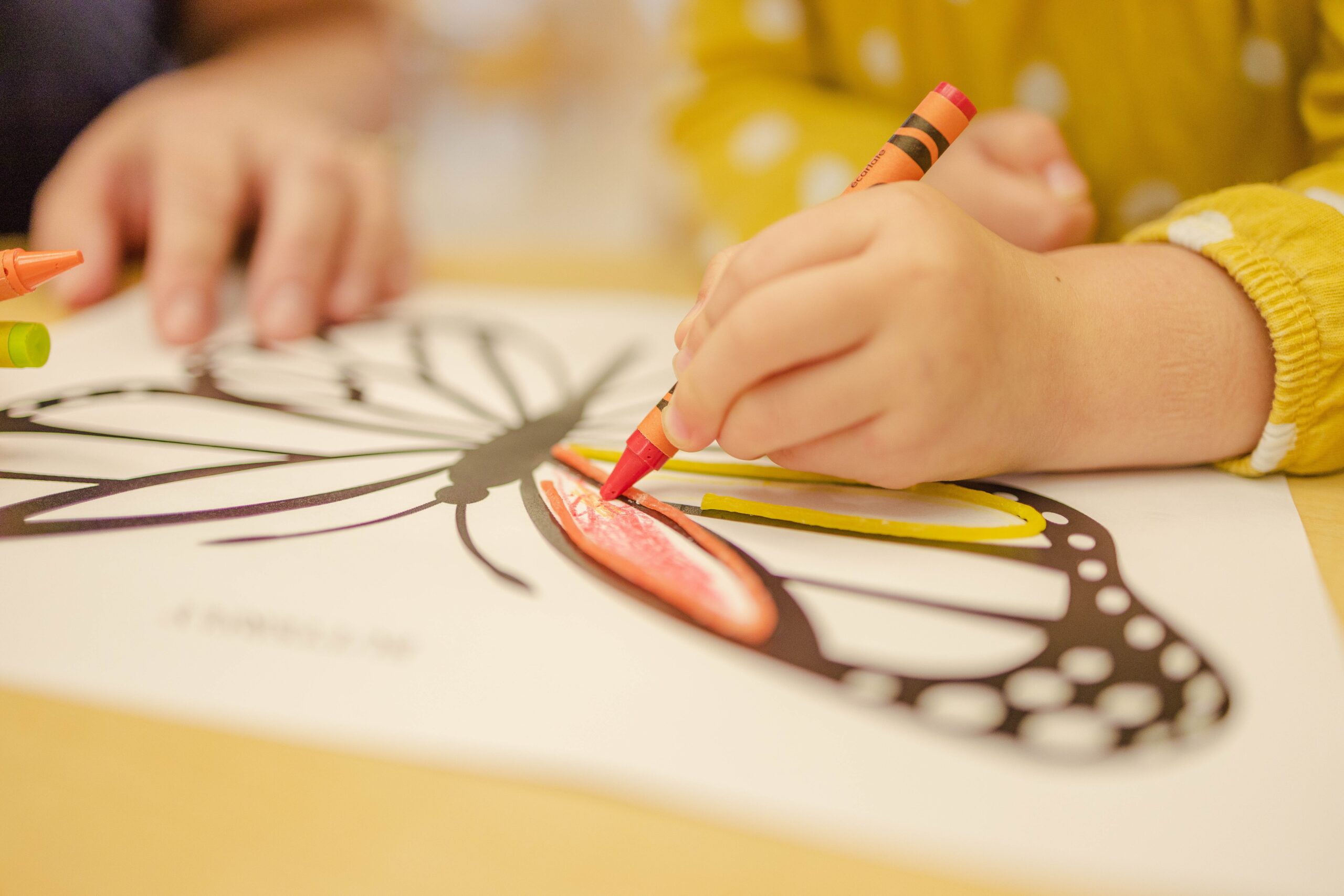
activities & inspiration
Let's get hands on!
Kids will love the crafts, games, sensory play ideas and more that you will find here.
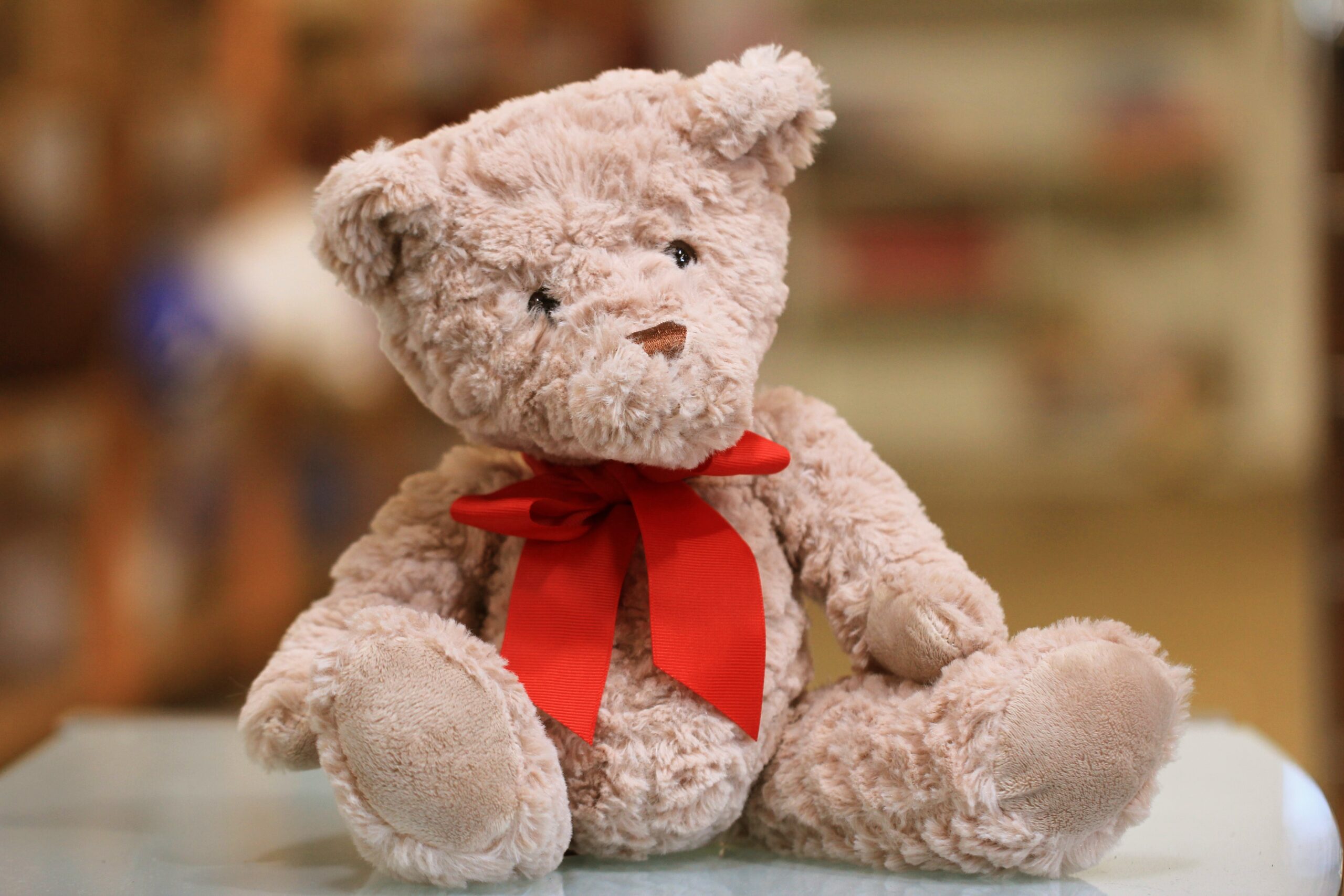
favorite toys
Toys are the tools to unlock your child's imagination!
Find out about our favorite toys and why we love them.
